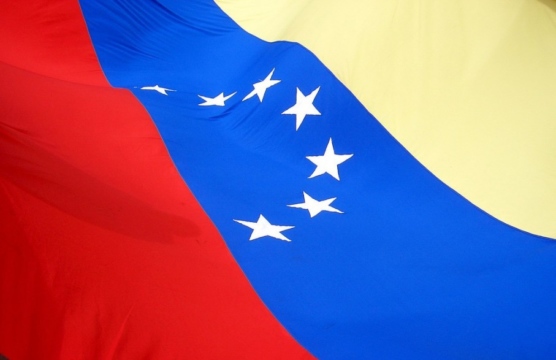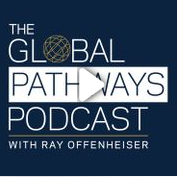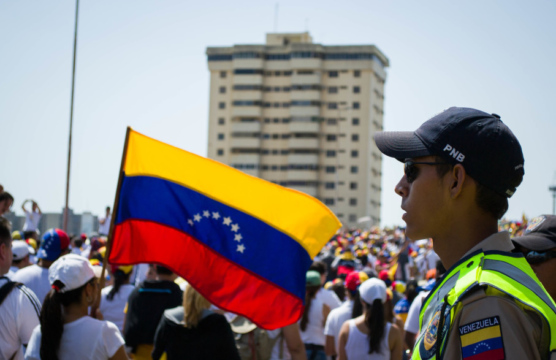
Falling Oil Prices Push Venezuela, Maduro Closer to the Edge
With crude oil prices down 25 percent since June and holding at roughly $86 a barrel on Tuesday, Venezuela is getting nervous.
Host Ray Offenheiser and guest Michael Shifter, the president of Inter-American Dialogue, discuss the economic and political crises in Venezuela, as well as the upcoming elections and path forward for peace in Colombia.
The "Global Pathways Podcast with Ray Offenheiser" features leading policy-makers, academics, activists, entrepreneurs, and others who are making a difference across the globe. It is produced by the Notre Dame Initiative for Global Development (NDIGD), supported by Notre Dame's Keough School of Global Affairs, and hosted by Ray Offenheiser, director of NDIGD and a Distinguished Professor of the Practice in the Keough School.
“It is hard to recall any precedent certainly in the Western Hemisphere in recent history that is as grave and tragic as the Venezuela situation.”
“This crisis is the result of an ideology in a government that has proved to be highly corrupt, highly incompetent, involved in lots of criminality, including the drug trade, and that doesn’t want to give up power. They are holding on to it and Venezuelans are suffering terribly.”
“The main objective of the government is to remain in power for as long as possible, and there has always been the view within the government, first with Chávez and now with Maduro, that is they defaulted in a very dramatic way that would make them more vulnerable to lose power, so they would rather have their own people starving than look for any restructuring of the debt.”
“The repression has increased. The opposition did win and had a majority in the General Assembly in 2015, but the government didn’t recognize their authority on any issues, so they became completely irrelevant. They organized a Constituent Assembly, to create a parallel and more powerful assembly. There are also many opposition leaders arrested, in prison or house arrest, that are banned from running. This is a very repressive regime.”
“While the Colombian peace process was celebrated internationally, it got less of a celebration in Colombia. There was a plebiscite on this peace deal that was voted down, and that went through Congress eventually. I think to do something so ambitious, having a consensus within Colombia is important, and I don’t think that consensus is there politically.”
“The essential criticism is that the FARC got off too easily and that if they committed these horrendous crimes, which they did, they should be serving time in jail. Instead, they are doing this alternative form of sentencing. They talk about transitional justice, but much of the population is not buying it. The good part of the peace agreement so far is that they have handed in their arms. I think the government deserves credit for this part of the implementation.”
“The real big problem is security. Colombia has gangs, criminal groups, others beside the FARC that will take advantage and fill this space as the FARC demobilizes and disarms.”
With crude oil prices down 25 percent since June and holding at roughly $86 a barrel on Tuesday, Venezuela is getting nervous.
Can the government led by Nicolas Maduro survive the wave of street protests that have spread throughout Venezuela over the past two weeks?
Deadly protests, the largest since President Nicolás Maduro’s election last year, have wracked Venezuela in recent weeks.
 NDIGD
NDIGD
